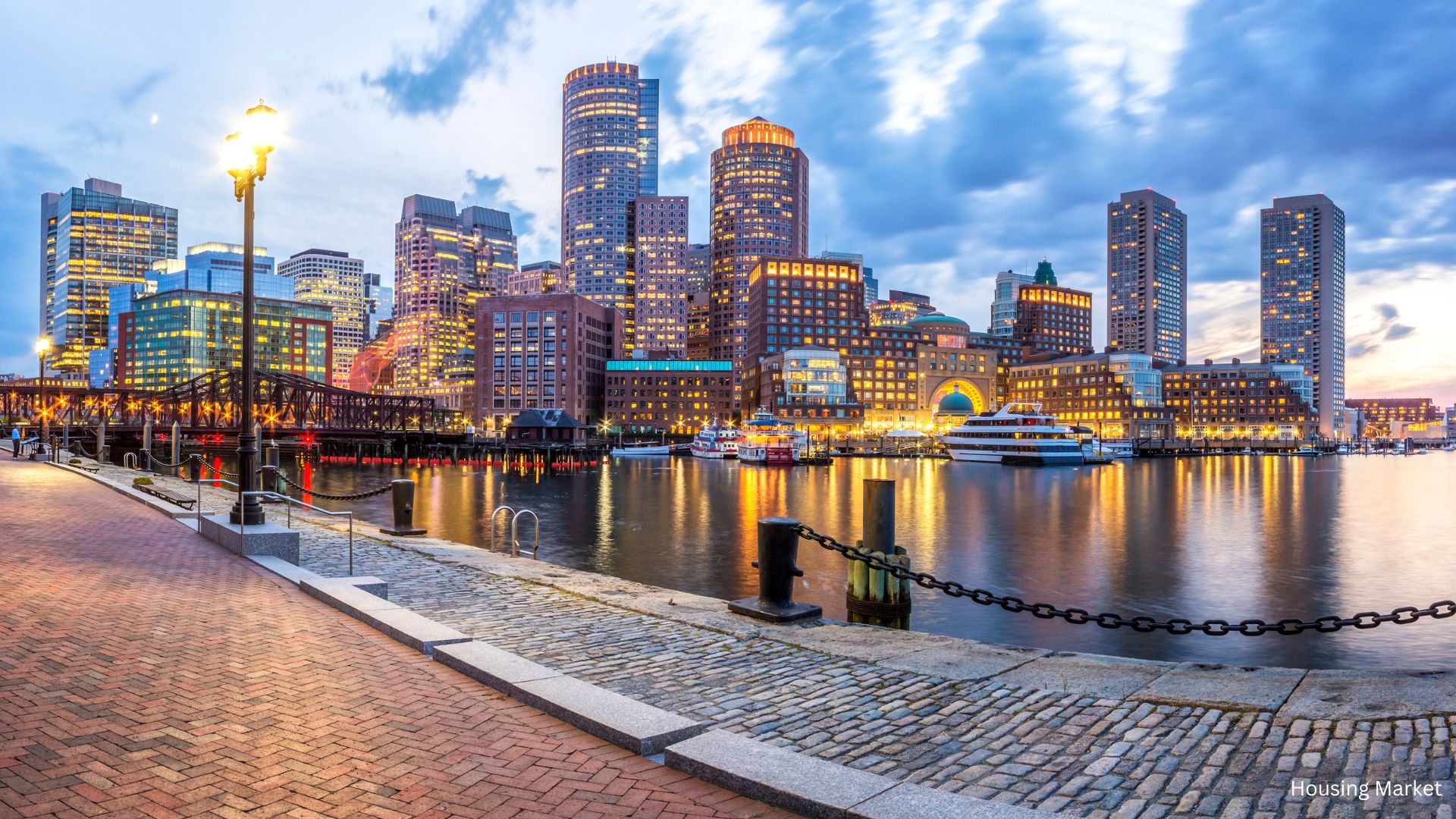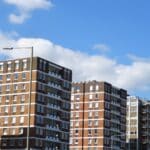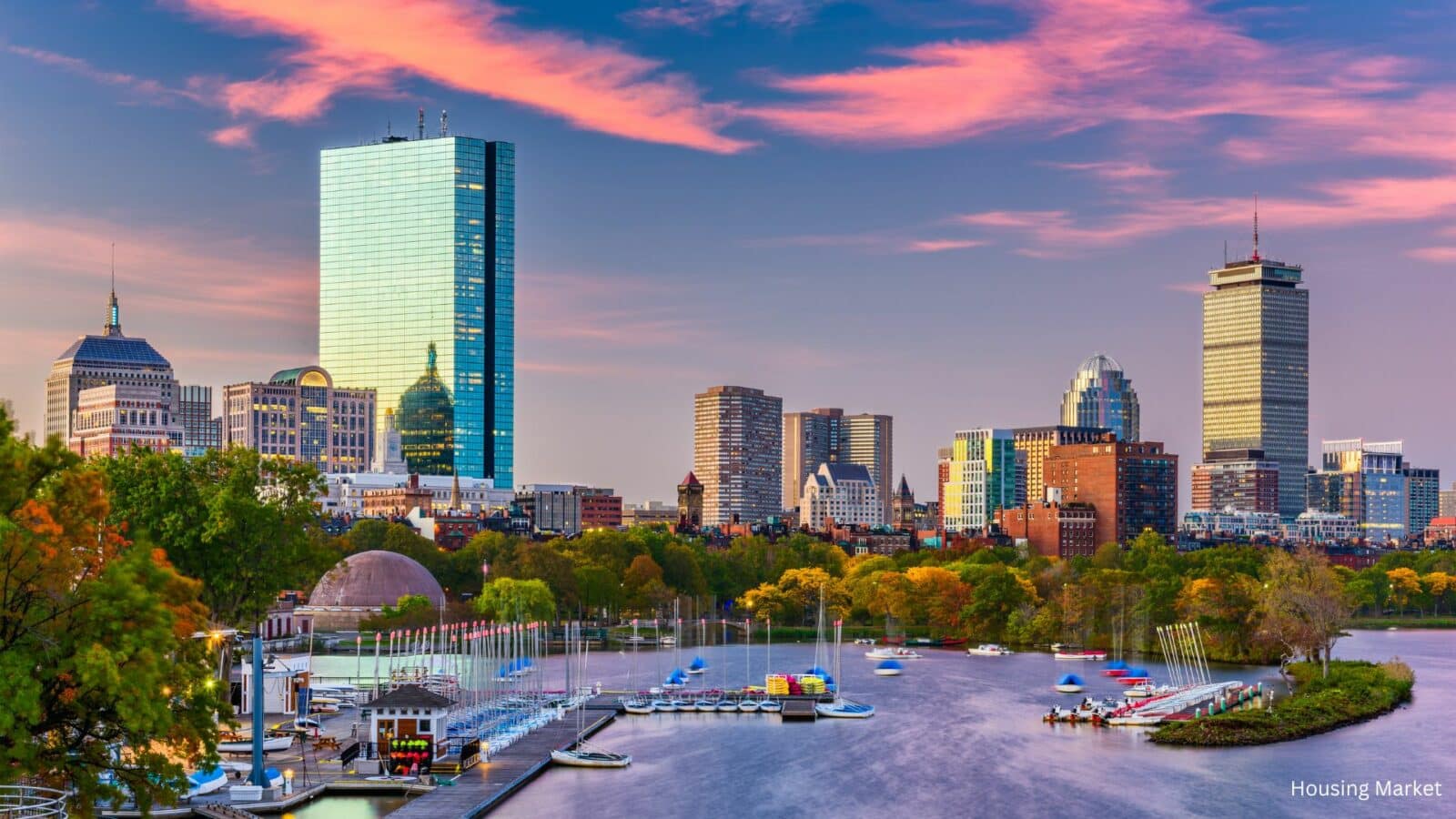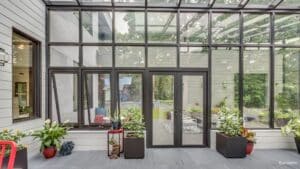The transformation of religious spaces into housing is gaining momentum in cities across the United States, and Boston is leading the way. Boston churches turn into housing is not just a headline; it reflects a movement where historic religious structures are being repurposed to address the city’s growing demand for affordable housing. This innovative approach is helping communities adapt to modern challenges while preserving cultural heritage.

Boston Churches Turn into Housing
The Transformation of Hill Memorial Baptist Church
One notable example of this trend is the Hill Memorial Baptist Church in the Allston-Brighton neighborhood. With its 58-foot bell tower, this 120-year-old church has been a witness to the neighborhood’s evolution, from bustling stockyards to upscale apartments. The church held its final service in 2023, and today it is being converted into affordable housing for seniors.
The decision to transform Hill Memorial Baptist Church was made by the congregation itself, which chose to sell the land to provide much-needed affordable housing. The new development will offer 50 apartments for older adults with fixed incomes, addressing a critical shortage in the area. This initiative embodies the church’s mission of giving back to the community and highlights the potential for faith-based organizations to play a pivotal role in social housing solutions.

A Broader Trend Across the Nation
Boston is not alone in this initiative. Across the United States, more churches are turning their spaces into housing to meet local needs. The “Yes in God’s Backyard” movement in California, for instance, has led to legislation that allows faith-based institutions to build affordable homes on their properties. Similar initiatives are being embraced in cities like Atlanta, San Antonio, and Seattle.
This trend is a response to a growing need for affordable housing, especially for older adults. According to the Housing America’s Older Adults 2023 report by Harvard University, the number of adults aged 65 and older is projected to make up more than 20% of the population by 2030. Meanwhile, the rising cost of living and housing shortages are pushing more seniors toward homelessness.

The Role of Former Churches in Community Development
Adaptive reuse of church properties is a “win-win-win” situation. Churches often occupy prime locations in high-density areas, making them ideal candidates for conversion into housing. This reuse helps preserve historic structures while providing community benefits.
In Boston, other notable projects include the conversion of Blessed Sacrament Church in Jamaica Plain and St. Augustine’s Convent in South Boston. Blessed Sacrament Church is set to become a sanctuary for affordable living with 55 income-restricted units, while St. Augustine’s Convent is being transformed into 35 affordable apartments for low-income seniors.

These projects emphasize the importance of community involvement and creativity in addressing housing challenges. The transformation of church properties into housing solutions provides not only shelter but also a sense of continuity and community for long-time residents who wish to remain in their neighborhoods.

The trend of Boston churches turning into housing demonstrates a promising approach to addressing the pressing need for affordable housing while preserving cultural heritage. As more churches across the country explore this option, they are finding ways to support their communities in new and meaningful ways. This movement offers a model for how religious institutions can adapt to contemporary challenges, providing a legacy of hope and renewal.








